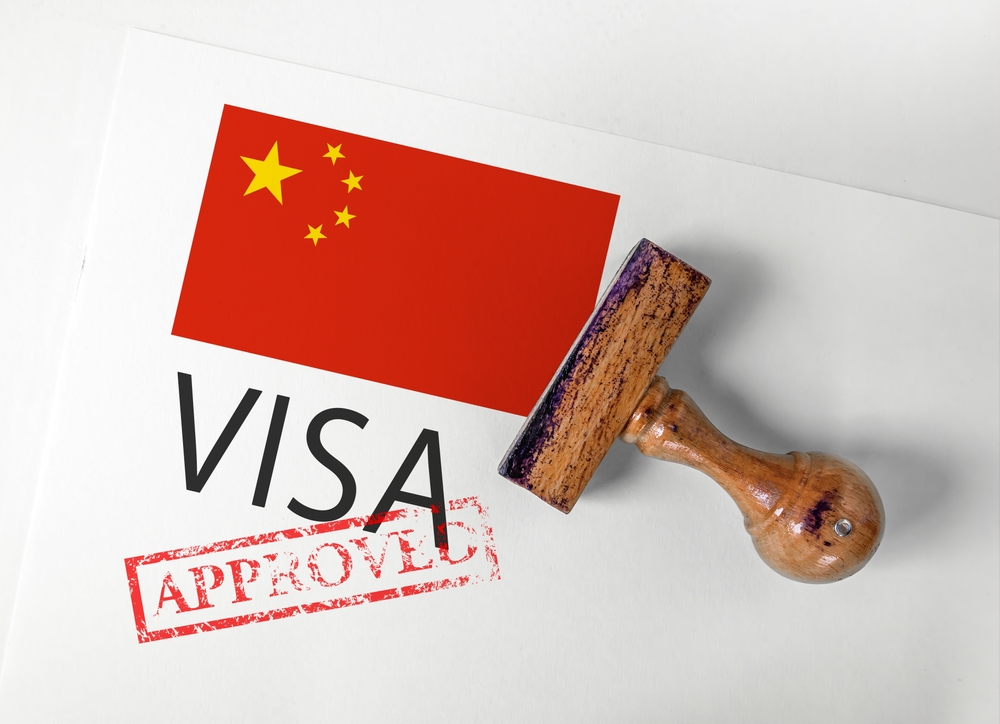Good is not good enough in this overdeveloped, competitive world. We must strive for excellence. The message is very clear; not only does it apply to performance in the workplace, the arts and sport, it also applies to the management of intricate details when organising business events.
A recent poll survey revealed that 61 per cent of clients would not return if a service provider proved itself to be slow. So it does matter when you delay on returning that email about an RFP (request for proposal) for a meeting for 120 in your ballroom, or a three-day team-building workshop using your resort gardens. This figure also reflects the current range of choice customers have these days – no one needs to put up with poor service in any area, especially in the realm of first contact or encounter.
The revered military figure, Colin Powell, said: “If you are going to achieve excellence in big things, you develop the habit in little matters. Excellence is not an exception, it is a prevailing attitude.” According to the late leadership guru John W Gardner: “Excellence is doing ordinary things extraordinarily well.” Both gentlemen believed success lay in simple actions done consistently well and with consideration for others.
We need to return to the basics of understanding our job and our responsibility to the customer. Follow these golden rules and you will certainly grow in excellence:
- Take care of the little things
- Adopt a hands-on management strategy
- Be imaginative
- Be innovative
- Be flexible
- Demand much from one’s self and others
- Provide good quality service
- Be consistent


